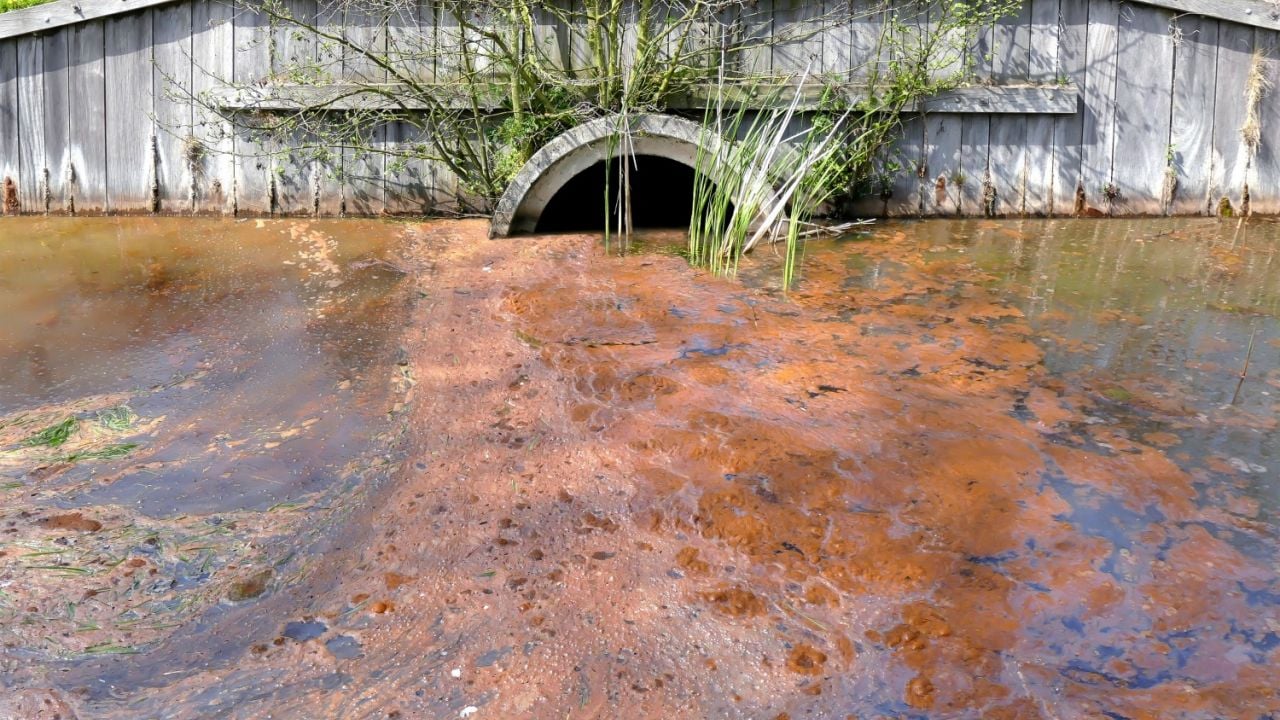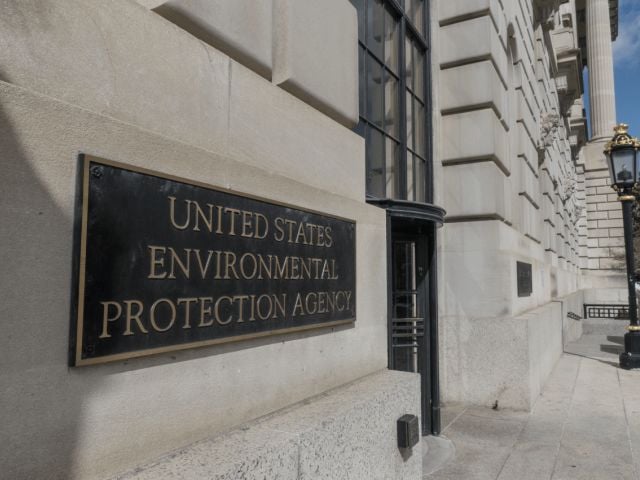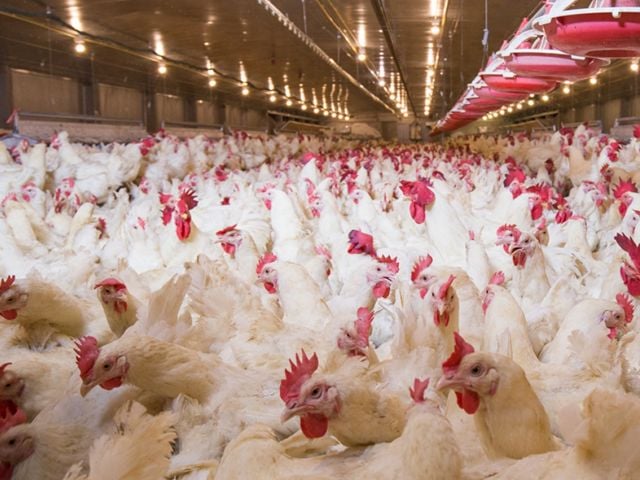
Unlimited farm subsidies force taxpayers to pay twice – once when their hard-earned dollars flow into the pockets of growers, and again when they turn on the tap.
It’s bad enough that farm subsidy rates are driven by politics, not good policy, as legendary agricultural economist Carl Zulauf noted last week.
But it turns out, Zulauf says, that subsidies also drive growers to plow up wetlands and grasslands to grow corn and soybeans, increasing farm pollution.
As he noted in a paper titled Economic and Environmental Effects of Agricultural Insurance Programs:
Evidence-based analysis supports that subsidized crop insurance encourages the movement of crop production onto marginal lands and can result in environmental risks that would not occur in the absence of subsidized crop insurance.
Those “risks” include farm pollution that drives up the cost of drinking water for rural communities and cities alike.
Pollution in the form of fertilizer and pesticide runoff from farm fields is the number one source of drinking water contamination in the United States.
Ironically, and unfortunately, farms are largely exempt from federal laws intended to clean up water pollution.
And as EWG has documented, voluntary incentive programs to help growers protect vital water sources aren’t enough to keep our rivers, lakes and bays clean.
Shouldn’t growers who receive subsidies also be required to take steps to protect our drinking water?


